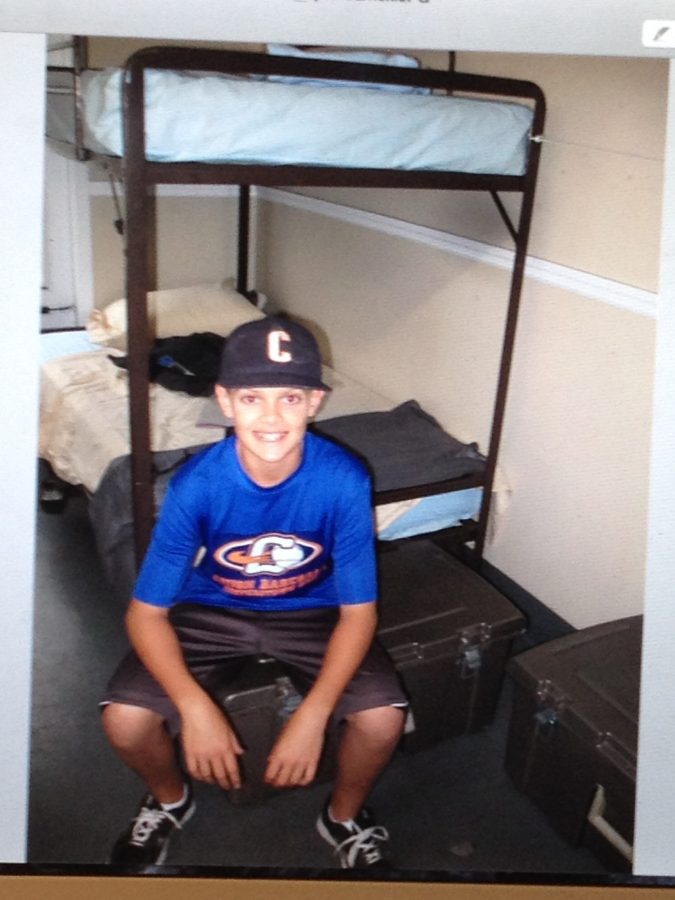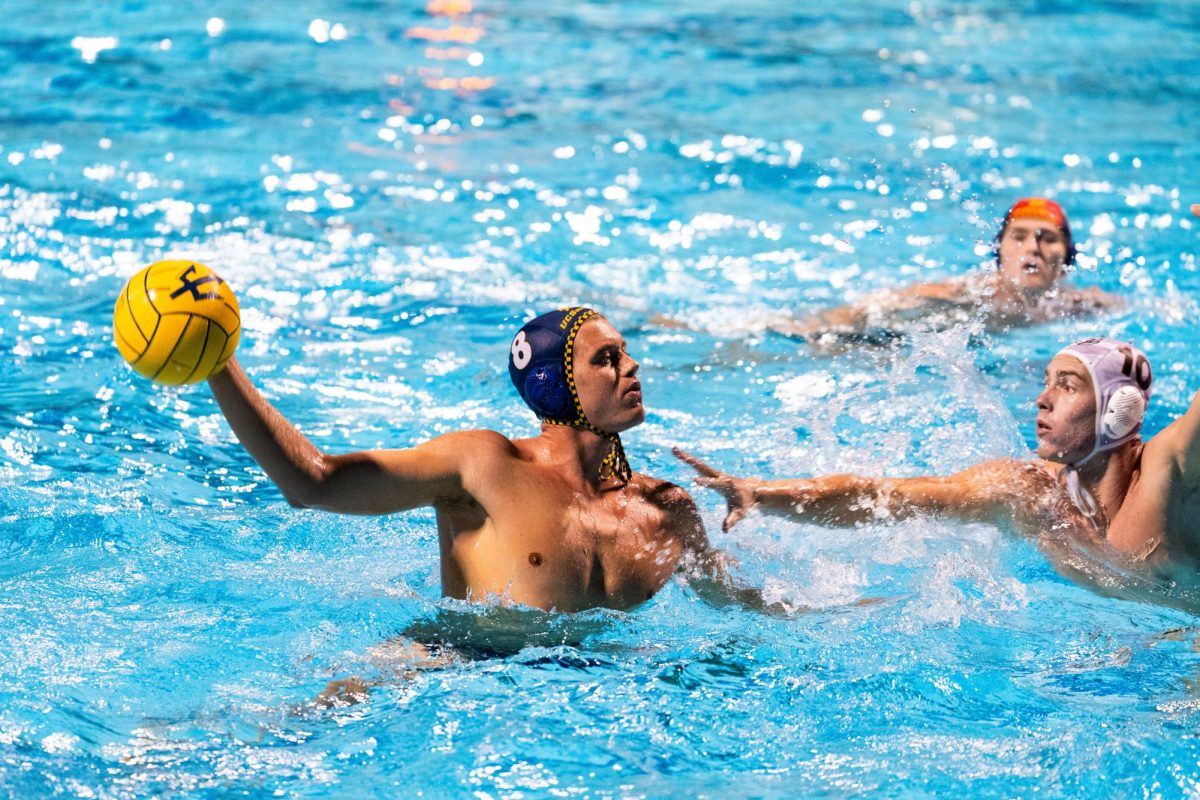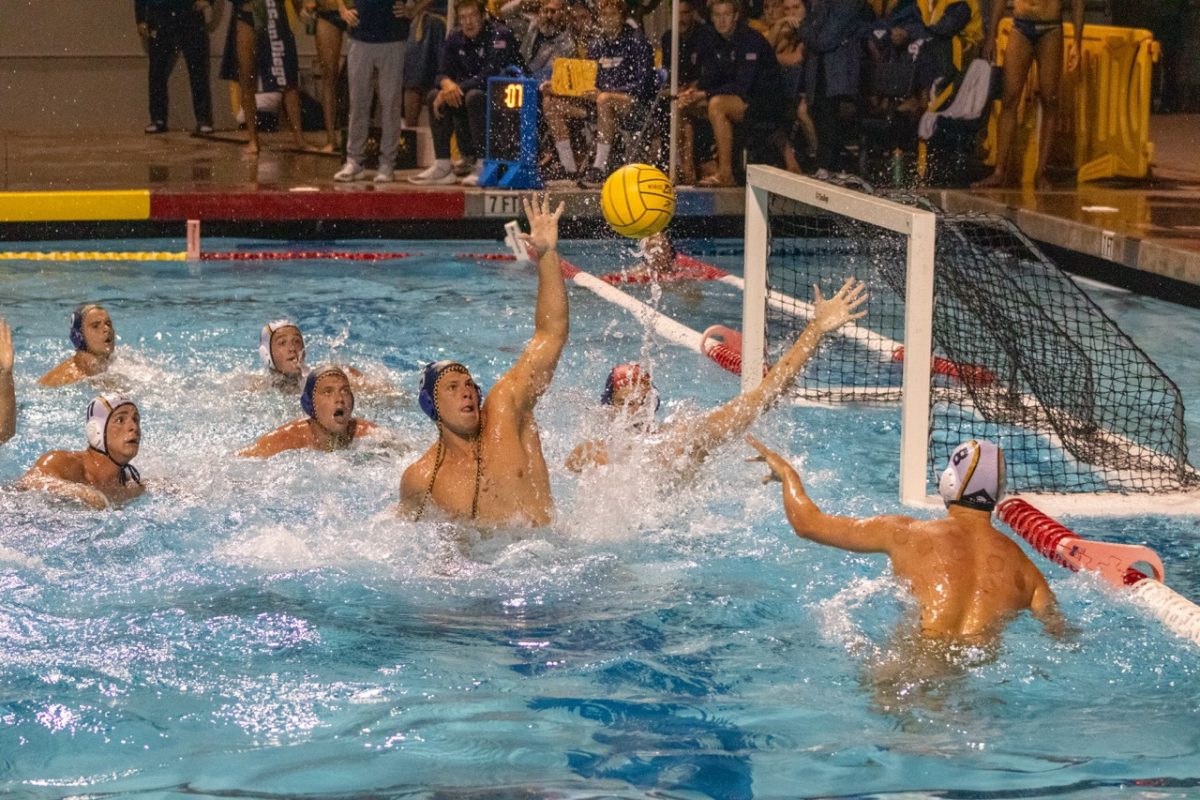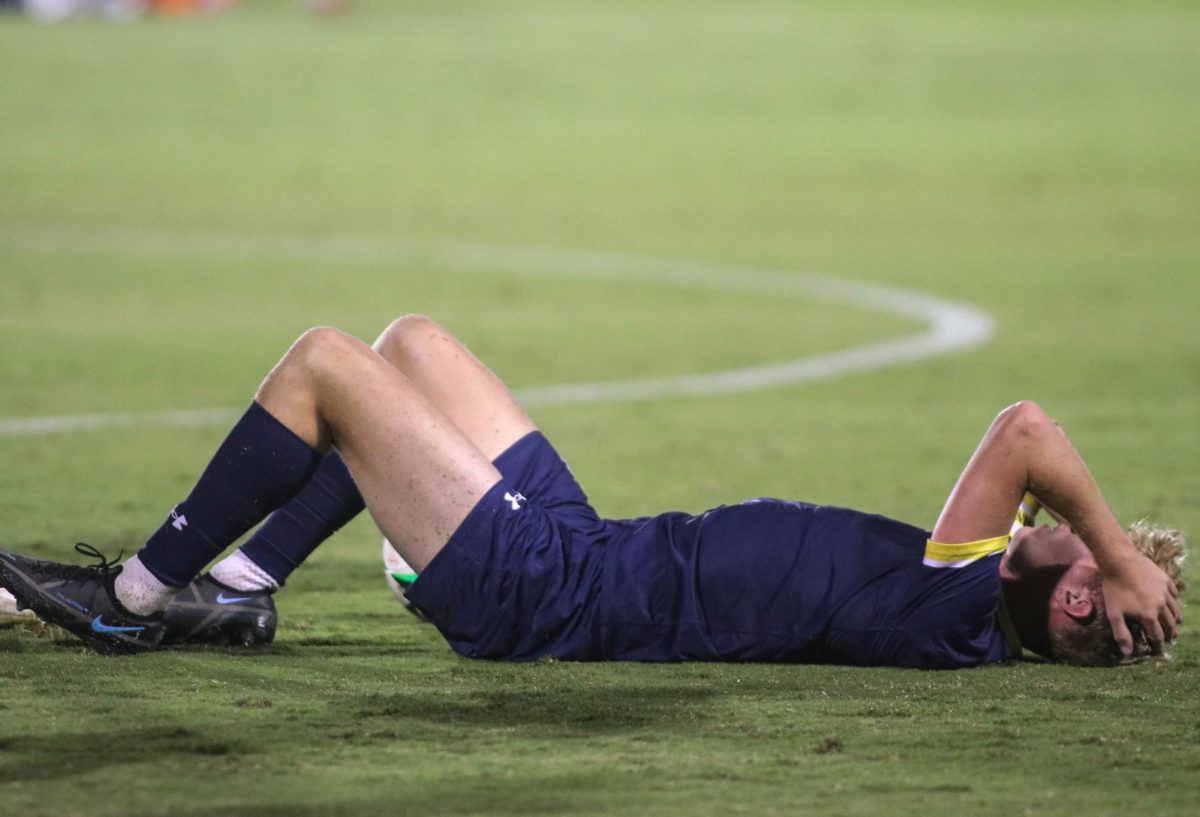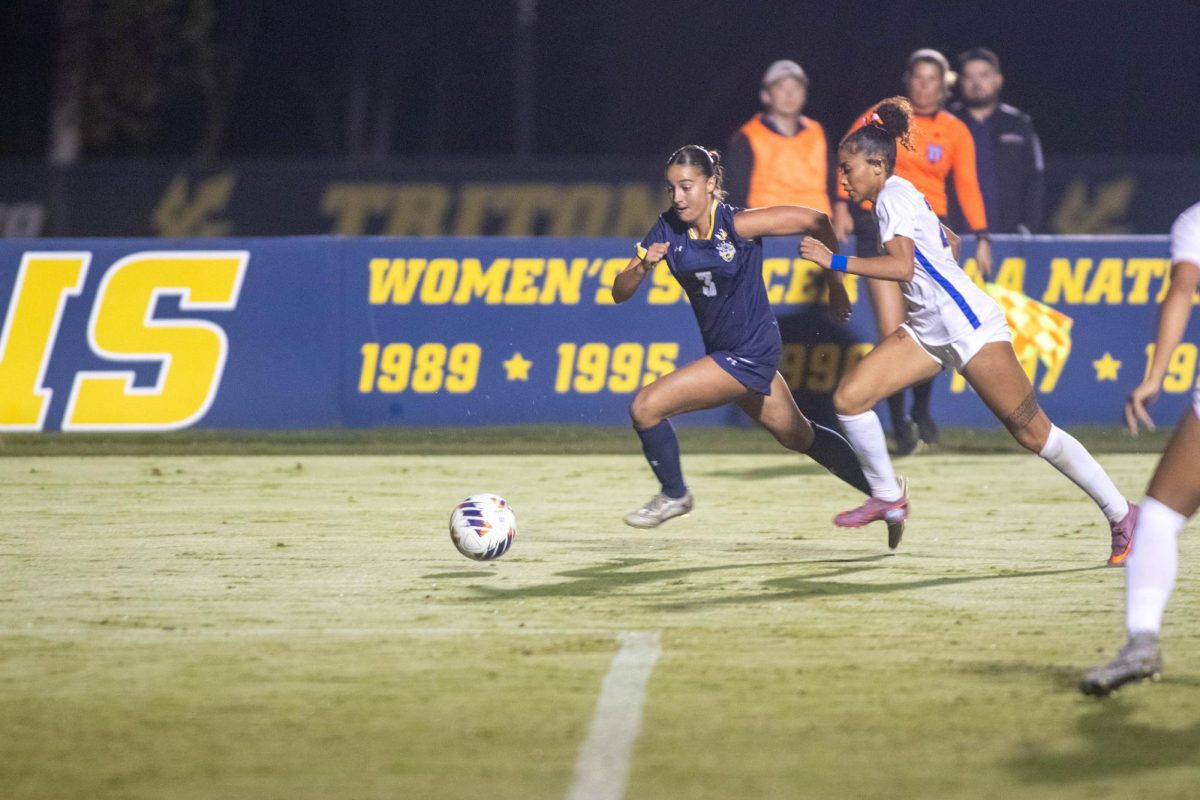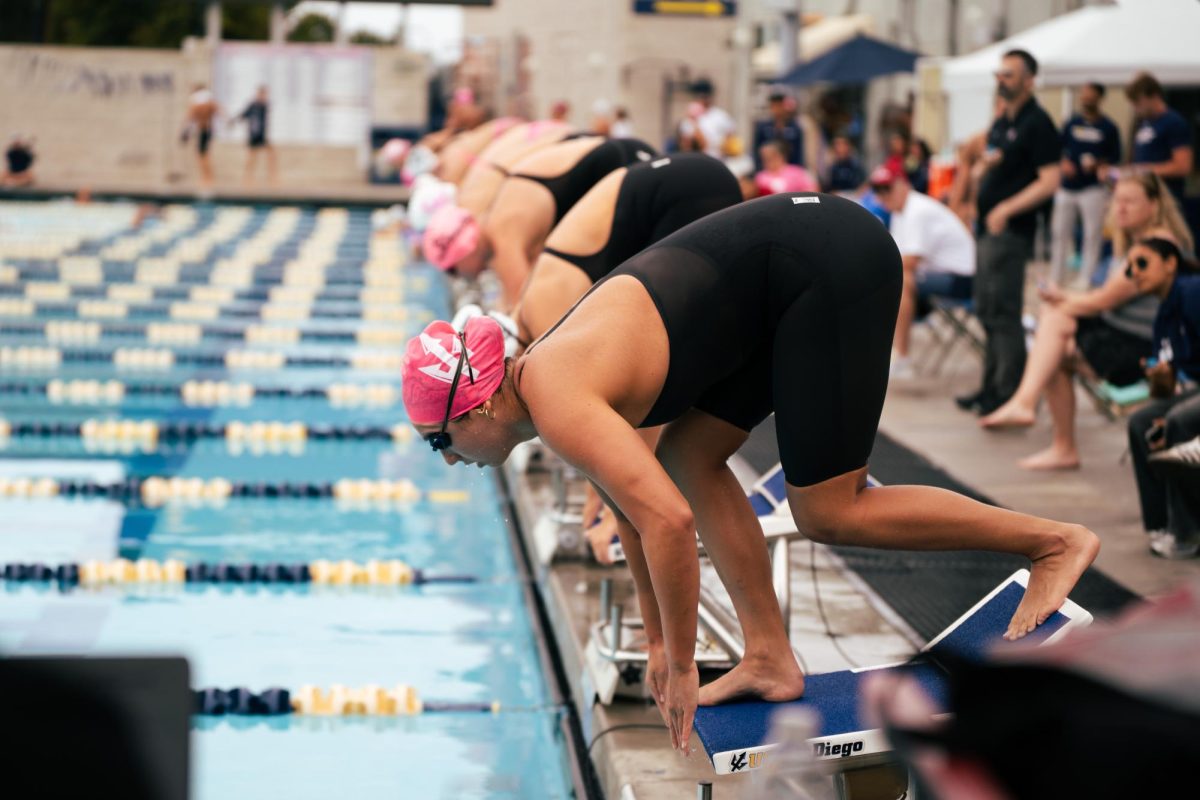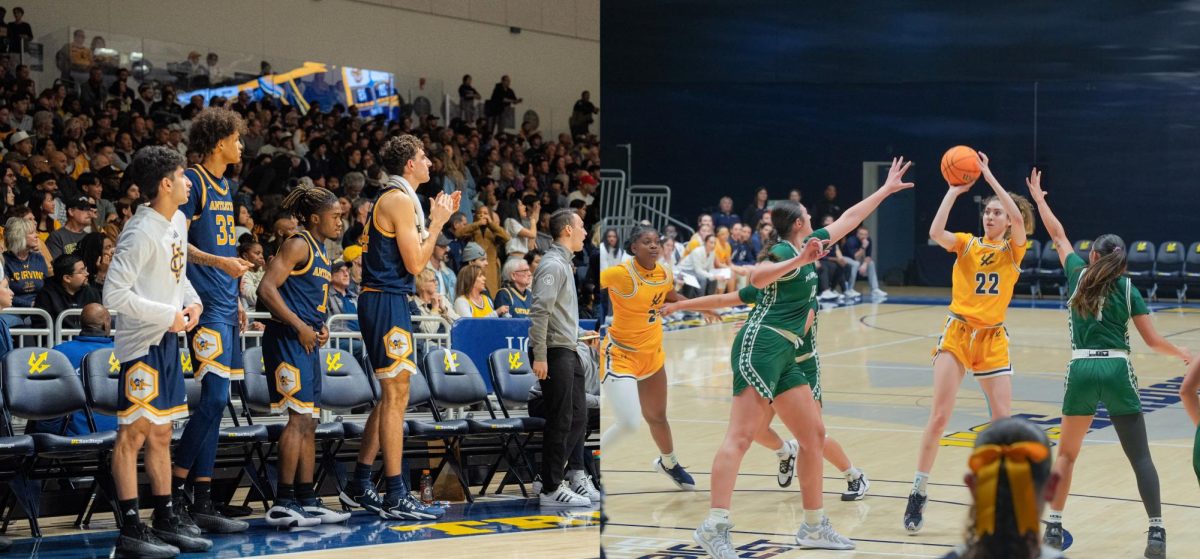As a 2000 baby, my formative years came during the 2010s decade. My time in middle school, high school, and my first year and a half of college all came during the last decade, and my relationship with my environment was completely fluid throughout each of these distinct periods.
Learning on the fly, I spent the 2010s figuring out how I wanted to continue my life. For me, especially the early 2010s version of me, trying to think about my future meant thinking almost exclusively about sports. In middle school, I was playing baseball almost every day after school.
I’d spend Thanksgiving break and Memorial Day weekend playing and literally every weekday practicing, either on my own or with my team. My parents toted me and my gear around, and I loved having a routine and friends I became close with, but most of all I loved baseball itself. When I wasn’t playing, I’d be talking to my friends at school about it or going to see a Los Angeles Dodgers game with my family.
The majority of my friends in middle school came from baseball. My best friends from old teams that had gone to different elementary schools joined up for middle school, and through baseball we added some new friends to a group that still plans on hanging out in 2020.
Without baseball, my leadership and teamwork skills would probably not exist, and as an especially shy teenager, I certainly would’ve had a tough time making friends without the forced introductions that being on a team provides.
Sports mattered outside baseball too. Before school I had a group of friends I’d play basketball with, and at lunch I had another group I’d play football with. During P.E., I’d run the mile as fast as possible to get to the ball first and secure a court for my friends. Sports really tied together all the groups in my life, and it provided me fun, organization, and friendship bonds that still prove tough to break, even with time and distance.
As positive as my relationship with sports was over those middle school years, that changed momentarily heading into high school. All summer long, I worked out with my high school team, trying desperately to make the team myself. When I got cut after the first tryout, the pain of rejection and failure hit me like a truck. I stopped playing for a year, instead umpiring games at my local recreational league. I missed the game, but I also felt hurt by it, like the game of baseball itself had rejected me and not just a coach.
The pain didn’t last long though. By failing to make the team, I got to spend more of my after-school time with the friends I’d made in middle school and new friends in high school. Their presence uplifted me, especially because many of them were in the same situation as I was in. From then on, sports didn’t consume my after-school time every weekday and weekend as it had in middle school. Now, I could choose when I wanted to play.
Naturally, I still played almost whenever I could, but it didn’t have to be in an uber-competitive environment anymore. I brought together a few groups of friends to play flag football every Saturday. I put more effort into building a fantasy baseball league for me and nine friends. Most importantly, I started delving into sports journalism.
By my sophomore year in high school, I was working on the school newspaper and helping produce broadcasts for our sports teams. The friends I made there introduced a whole new set of social skills and personal development, and I began to expand my relationship with sports into the middle ground between playing and watching sports that is reporting on and analyzing them.
Through the newspaper and especially through broadcasting, I felt like I was doing something important, something that other people actually cared about. Student-athletes loved seeing their names in the newspaper and parents in the stands loved having the link to the broadcasts so that their friends and family who couldn’t make it to the game could still show their support.
That motivation has continued to drive me and my sports coverage through my first two years of college. Even if UC San Diego isn’t a sports-driven campus, I get to continue to compete myself via intramurals, but more importantly, I get to work to cover coaches and student-athletes that are not in the spotlight despite all of the work they put into representing the school. In doing so, I become more connected to the campus myself.


